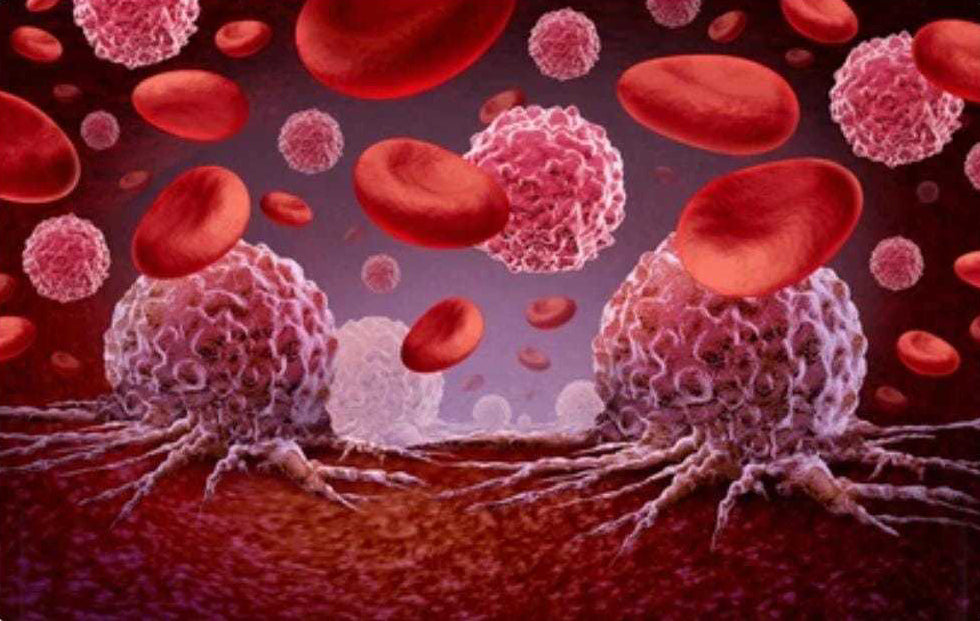
PsychoOncology

PSYCHO-ONCOLOGY & PALLIATIVE MEDICINE
When is psycho-oncological counseling useful?
If you are suffering greatly from cancer psychologically and everyday life is difficult to cope with, an appointment at my Psycho Hematology & Oncology practice can be the right way to cope before, at the beginning and during therapy.
Severe emotional injuries, as well as physical ailments, pain, fatigue (extreme exhaustion), discomfort, extreme tiredness due to chemotherapy, and even a history of mental illness can contribute to the occurrence of emotional deficits/problems during cancer.
PSYCHO-ONCOLOGY & ADDICTIONS
It should also be noted that possible abuse of drugs and medications may be the case.
Patients suffering from pain and other malignant blood diseases (anemia) may be prescribed strong painkillers and analgesics, which can lead to drug dependence.
ANALGESICS OPIOIDS
Application:
Analgesics are used for both acute and chronic pain. The mechanism of action of analgesics (Greek: algos = pain)
These are medications that relieve pain. Analgesics include both non-opioid painkillers such as paracetamol or ibuprofen and opioid painkillers such as morphine.
Weak opioids Tramadol
The mode of action of the opioids morphine, tramadol, tilidine, codeine, fentanyl and oxycodone.
They intervene in the mechanisms responsible for pain perception in order to reduce or suppress pain.
Therefore, there is a high potential for addiction in chronic pain patients who take prescription painkillers long-term.
Psycho-oncology offers psychological support to cope with everyday challenges, to deal with a malignant cancer diagnosis and to cope with anemia.
Psycho-oncological counseling and support are provided in my practice. Furthermore, problems can easily be overlooked, so I have special questionnaires for the treatment team and my patients to help determine whether a patient needs specific support. These also include scales that patients can use to assess their pain level.
Those affected find it difficult to talk about their symptoms and suffering or to ask for help. Many patients with advanced cancer experience depressive symptoms, panic attacks, and anxiety.
PSYCHO-ONCOLOGY & PSYCHO-HEMATOLOGY ALSO FOR RELATIVES
A cancer diagnosis affects the entire environment of the affected person's relatives. Psycho-oncology and hematology are therefore not only there for the sick person, but also for their relatives. Individual care tailored to their needs takes place in my practice, for example in communication with specialists such as hematologists and oncologists, so that their words are understood correctly and misunderstandings are clarified.
Another example is that relatives are overwhelmed and are afraid of failing or are suffering from psychological stress themselves and have a chronic illness and therefore do not have enough strength for the sick family member.
INDIVIDUAL PSYCHO-ONCOLOGICAL COUNSELING
There are inpatient treatments as well as outpatient treatment therapies.
Psycho-oncology offers the following advantages.
- Relief in acute crisis situations.
- Relief from acute pain crises (vaso-occlusive episode).
- Teaching methods and strategies for relaxation and stabilization.
- PsychoHematological psychotherapy
- Psycho-oncological (psychotherapy)
- Mobilization of resources
- Counseling for relatives
- Strategies using posthypnotic suggestions for pain relief.
- Special counseling / for affected children / or for the children of sick family members.
Psychosocial support for cancer or sickle cell patients.
Psycho-oncology is therefore an interdisciplinary form of psychotherapy.
Psycho-oncology as a science began in the 1970s with the study of psychosocial factors as well as psychoneuroimmunology (PNI) or psychoimmunology, it is an interdisciplinary field of research that deals with the psyche as well as the nervous and immune systems.
PSYCHOONCOLOGY PALLIATIVE THERAPY
Palliative medicine addresses the pain of cancer patients, alleviating pain and other physical symptoms, supporting patients and their families, and providing emotional and social support. It enables patients to live the life they desire, prolonging life and improving quality of life.
PSYCHO-ONCOLOGY & PALLIATIVE MEDICINE
The costs of psycho-oncological care are covered by health insurance. Psycho-oncology and palliative psychology, or psychohematology and oncology, have similarities, such as a focus on individual coping strategies and methods.
PSYCHOHEMATOLOGY & PALLIATIVE MEDICINE
The Department of Hematology, Oncology and Palliative Medicine deals primarily with the diagnosis and treatment of diseases of the blood, hemoglobin
As a psychohematologist, I would like to support palliative patients with post-hypnotic suggestions and auto-suggestions (even hypnosis) in a protected environment with optimal conditions, such as HZ frequency, flash inductions, as well as prefrontal systematic influences on the subconscious.
